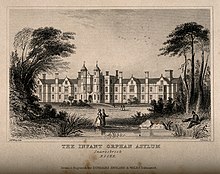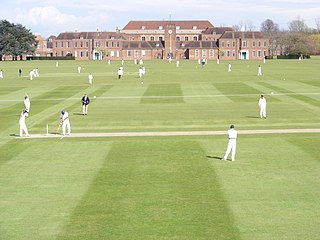
Private schools in the United Kingdom are schools that require fees for admission and enrollment. Some have financial endowments, most are governed by a board of governors, and are owned by a mixture of corporations, trusts and private individuals. They are independent of many of the regulations and conditions that apply to state-funded schools. For example, the schools do not have to follow the National Curriculum, although many such schools do.

The Diana, Princess of Wales Memorial Fund was an independent grant-giving foundation established in September 1997 after the death of Diana, Princess of Wales, to continue her humanitarian work in the United Kingdom and overseas. It was a registered charity under English law. The Fund closed at the end of 2012.

Education in England is overseen by the Department for Education. Local government authorities are responsible for implementing policy for public education and state-funded schools at a local level. State-funded schools may be selective grammar schools or non-selective comprehensive schools. All state schools are subject to assessment and inspection by the government department Ofsted. England also has private schools and home education; legally, parents may choose to educate their children by any suitable means.
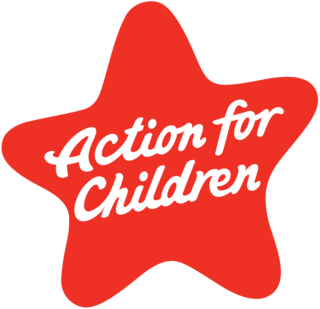
Action for Children is a UK children's charity created to help vulnerable children and young people and their families in the UK. The charity has 7,000 staff and volunteers who operate over 475 services in the UK. They served a total of 671,275 children in 2021 and 2022. Action for Children's national headquarters is in Watford, and it is a registered charity under English and Scottish law. In 2017/2018, it had a gross income of £151 million.
The Smith Family is an Australian, independent non-profit children's charity whose goal is to create opportunities for disadvantaged Australian children and their families and encourage them to participate more fully in society, using education as a key tool.
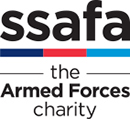
SSAFA, the Armed Forces charity, the Soldiers', Sailors', and Airmen's Families Association, is a UK charity that provides lifelong support to serving men and women and veterans from the British Armed Forces and their families or dependents. Anyone who is currently serving or has ever served in the Royal Navy, British Army or Royal Air Force and their families, both regulars and reserves, is eligible for their help.
Spurgeons is a large national children's charity in the United Kingdom, working with vulnerable families, children and young people. It is based in Rushden, with several offices in the UK, and is a registered charity.
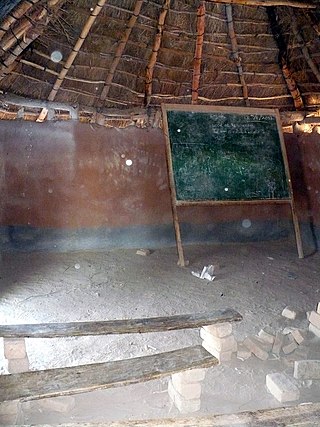
Lower education in Zambia is divided into three levels and these are namely: primary, junior secondary and upper secondary. Higher education in Zambia has improved in the recent years due to the increase of private universities and colleges. The biggest university is the public University of Zambia which is located in the capital city of Lusaka along the great east road and hosts a number of local and international students. The Copperbelt University is the second largest public university and is located in the Copperbelt province of Zambia in Kitwe, and the youngest public university is Mulungushi University, with its main campus 26 km north of Kabwe. There are many other smaller universities, both public and private including the following: Texila American University, Zambia Open University, European University Zambia Zambia Catholic University, Cavendish University, Zambia Adventist University, Northrise University, University of Lusaka, Lusaka Apex Medical University, Woodlands University College, Copperstone University College, University of Barotseland, University of Africa, Information and Communication University, Kwame Nkrumah University of Education, Chalimbana University, Rusangu University, Robert Makasa University, Zambia Centre of Accountancy Studies and there are various Health training Institutes offering Diplomas in clinical medicine Registered Nursing
Pratham is one of the largest non-governmental organisations in India. It was co-founded by Madhav Chavan and Farida Lambay. It works towards the provision of quality education to the underprivileged children in India. Established in Mumbai in 1995 to provide pre-school education to children in slums, Pratham today has interventions spread across 23 states and union territories of India and has supporting chapters in the United States, UK, Germany, Sweden, and Australia.
Colin Morrison is a British publishing executive, who is the chairman, non-executive director and consultant of several media and digital companies in Europe and Asia. He publishes the newsletter Flashes & Flames: The Global Media Weekly, which he originally launched as a blog in 2012. He is a senior advisor to the New York media investment bank JEGI and is on the advisory board of the Royal National Children's SpringBoard Foundation.
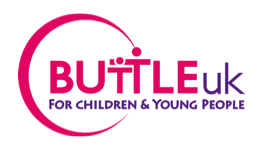
Buttle UK, formerly known as The Frank Buttle Trust, is a UK charity that provides financial grants to children in need. Founded by Frank Buttle in 1937 but not operational until after his death in 1953, the charity has helped many thousands of people throughout the United Kingdom. In 2015–2016, it made 10,068 grants totalling just over £3.9 million.
Zakat Foundation of America is a Chicago-based NGO providing emergency relief, post-disaster rehabilitation, sustainable development, education, healthcare, orphan sponsorship, and seasonal programs such as Ramadan iftars and Udhiya/Qurbani. Zakat Foundation of America is registered under 501(c)(3) as a non-profit charity organization.
The Sovereign Art Foundation (SAF) is a non-profit organisation established in 2003 by Howard Bilton, a tax lawyer and today's chairman of the Sovereign Group.

The Thai Children's Trust, formerly Pattaya Orphanage Trust, is a registered charitable organization in the United Kingdom which supports vulnerable and disadvantaged children in Thailand. It helps fund projects for orphans, refugee children, HIV positive children and children with AIDS, homeless children, tsunami orphans and children and young people with disabilities. The Trust has recently helped support the Teacher Preparation Center, a training school for mobile teacher trainers, in Mae Sot. The TPC trains trainers who work in the Eastern states of Burma/Myanmar, trying to restore and improve educational standards in areas ravaged by years of civil war. The Trust has also found some funding for villageONE, a project combining education and community development which hopes to start work in Mon State, Burma/Myanmar, later this year.

The World Association of Children's Friends (AMADE) is a charity organization founded by Grace, Princess of Monaco, to support the development, education, and health of children worldwide. AMADE operates through a network of 12 local organisations in Europe, Asia, South-America and Africa. The Association has consultative status with UNICEF, UNESCO and the United Nations Economic and Social Council, as well as participative status with the Council of Europe.
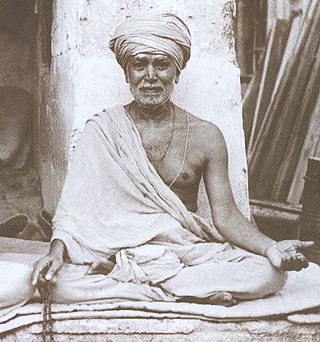
BAPS Charities is an international, religious, charitable organization that originates from the Bochasanwasi Akshar Purushottam Swaminarayan Sanstha (BAPS) with a focus on serving society. This focus on service to society is stated in the organization's vision, that "every individual deserves the right to a peaceful, dignified, and healthy way of life. And by improving the quality of life of the individual, we are bettering families, communities, our world, and our future." BAPS Charities carries out this vision through a range of programs addressing health, education, the environment, and natural disaster recovery. The organization's worldwide activities are funded through donations and are led by a community of over 55,000 volunteers who are mostly members of BAPS. The volunteers work with local communities and other charities and the organization's activities are mainly based out of their mandirs.
Create is a UK creative arts charity based in London and Manchester, which offers creative workshops and arts experiences led by professional artists in community settings, schools, day centres, prisons and hospitals.
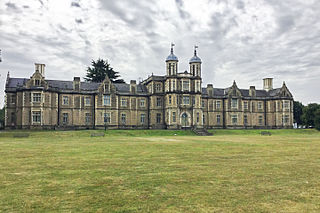
Snaresbrook Crown Court is a historic, Grade II listed building situated in Snaresbrook, an area within the London Borough of Redbridge. It is one of 12 Crown Court centres serving Greater London and is designated as a third-tier court. It is set within 18 acres of grounds and has its own lake, known as Eagle Pond. It operates 20 court rooms and manages 7,000 cases a year, making it the busiest Crown Court centre in the United Kingdom.

The Caldecott Foundation, formerly known as the Caldecott Community, is a UK charity which provides therapeutic care and education for disadvantaged and vulnerable children. It has been based in the Borough of Ashford in Kent since 1947 and operates seven registered children's homes in Kent and Nottinghamshire as well the Caldecott Foundation School.
The 2019 New Year Honours are appointments by some of the 16 Commonwealth realms to various orders and honours to recognise and reward good works by citizens of those countries. The New Year Honours are awarded as part of the New Year celebrations at the start of January and were officially announced in The London Gazette at 22:30 on 28 December 2018. Australia, an independent Realm, has a separate honours system and its first honours of the year, the 2019 Australia Day Honours, coincide with Australia Day on 26 January.

